With Cramer MIA, North Dakotans express grave concern over President Trump’s potential trade war
Does Kevin Cramer still think North Dakota farmers are hysterical?
(BISMARCK, ND) – North Dakotans are concerned about President Trump’s tariff and trade policies – but instead of standing up for them, Kevin Cramer condescendingly referred to them as hysterical. During the last few weeks, Cramer has been busy peddling conspiracy theories that their concerns have been cooked up by Democrats instead of working toward real solutions for our agricultural producers. Maybe that’s because Cramer believes opposing President Trump is akin to marital infidelity – but here are North Dakotans speaking out against the president’s tariffs:
“We never want to see a trade war, especially with a valued customer like China.” –Jared Hagert, Acting Director of the United Soybean Board from Emerado, ND
“Agriculture is now a global market, affecting our plans on what and how much we plant in acres each season. Agriculture will be the casualty in a trade war. Farmers are naturally optimistic; the weather will be better tomorrow when it rains and the sun is shining. Farmers think that because we are the world’s largest agricultural exporter that countries will have to come to us. History says otherwise! The tariffs on steel and aluminum will greatly affect Dakota farmers, especially corn and soybean farmers.” –Terry Ulrich, a fourth-generation farmer from Ashley, ND
“As an elevator, I can’t sell (soy)beans anywhere because of uncertainty. Nobody wants to buy them from us because they don’t know what the true price of the market should be.” –Doug Lingen, grain merchandiser for Dakota Plains in Kindred, ND
“It’s already affecting the marketplace. […] Weekly, we’re getting changes in prices going up, up, up. […] For us, it’s one of the raw material costs. […] It’s the eventual consumer of our product — a school, a shopping mall, whatever — that is going to have to pay more, or cancel the project if the cost goes up too much.” –Lee Holschuh, president and CEO of Mid-America Steel in Fargo, ND
“That’s a huge impact for us. That’s real, and our farmers and our members are obviously very, very concerned. […] We need to be cautious about losing markets we can’t get back into for a while. […] Sometimes, the ag sector is the first to be impacted and the slowest to respond after the fact.” –Pete Hanebutt, director of public policy with the North Dakota Farm Bureau
“If the U.S. starts raising tariffs on a significant number of goods, then we can expect costs in the U.S. are going to tend to increase and we’ll get not only less imports, but we’ll also tend to get less exports. […] In North Dakota, in particular, we can expect there to be a generally negative impact for tariffs. […] We play a dangerous game if we begin to increase tariffs. […] There’s a very good chance other countries will begin to increase tariffs.” –James Caton, assistant professor of economics in the Department of Agribusiness at North Dakota State University

